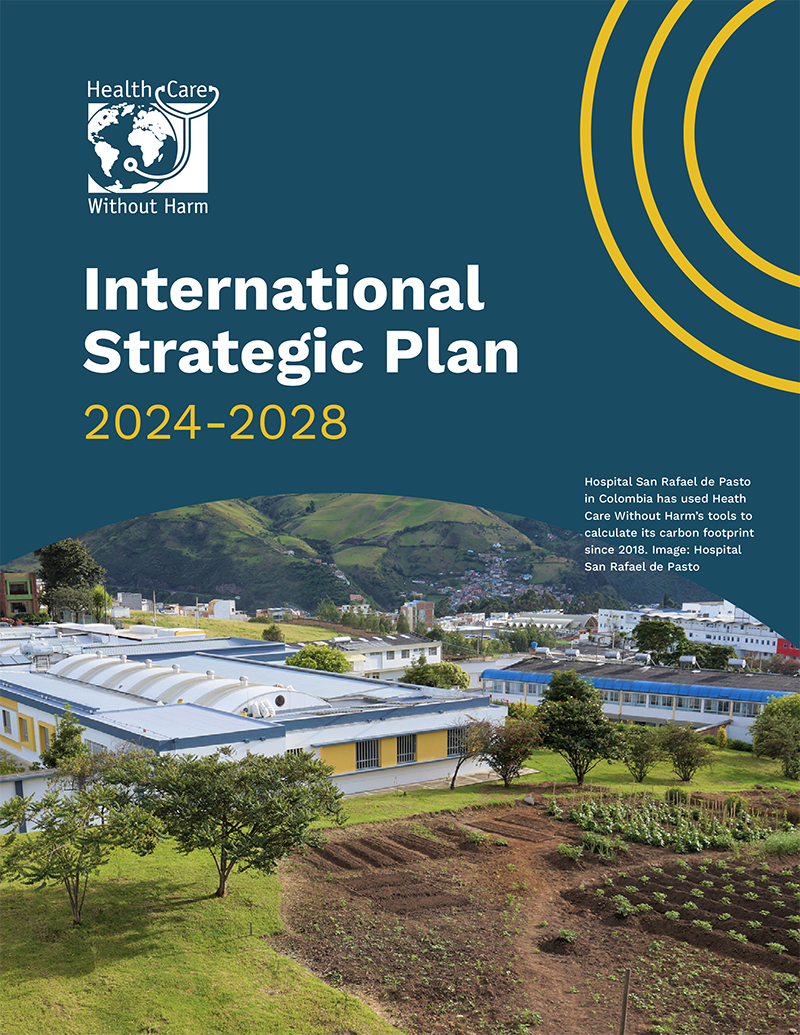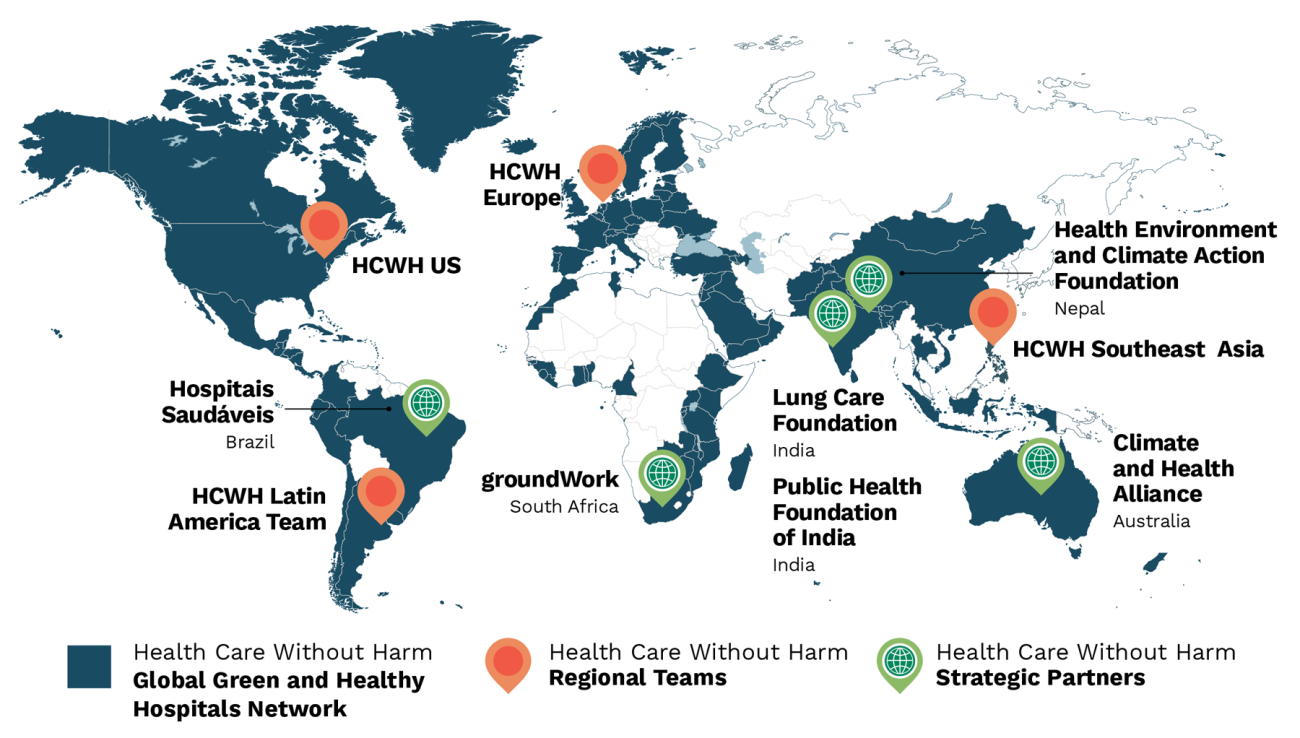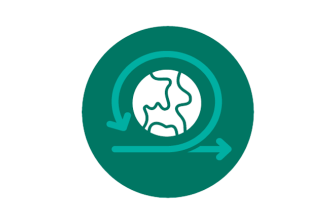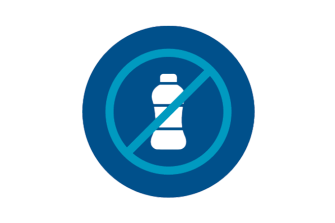Around the globe, people, institutions, and governments are experiencing the profound impacts of the climate crisis and toxic pollution on human health.
We know that our best chance to reverse course is a rapid and just transition away from fossil fuels.
There is no time to waste.
The health sector must lead this global, collective, and systemic effort – using its voice and power to influence change.
Our 2024-2028 international strategy is grounded in our belief that we will succeed when we are aligned on our global goals, yet flexible in our local tactics.
Health Care Without Harm is an international organization with teams in Europe, Latin America, Southeast Asia, and the United States, as well as a group of strategic partners – local NGOs around the world with decades of experience. A global secretariat governs our collective work. We are driven by our formal membership networks of committed hospitals, health care providers, and health professionals.
Across this network, Health Care Without Harm plays a unique role as a system orchestrator: transforming the health sector not by scaling a single solution, but rather by mobilizing and coordinating unified efforts to solve problems at scale.
Three core objectives
Learn how our international network is addressing the interconnected challenges of climate change and health
Our Theory of Change is that if we mobilize the health sector to transition away from fossil fuels, adapt to climate impacts, and phase out plastics, then we can orchestrate large-scale systems change in the health sector and the broader economy.
Levers for system change
Impacts by 2028:
- Global Green and Healthy Hospital members participating in key climate initiatives will collectively reduce their greenhouse gas emissions by 40% using our suite of tools and tailored support.
- 30 countries will use our tools, resources, or technical support to fulfill their climate mitigation commitments.
- 5 key climate and health policies will be influenced to include health arguments for a just transition from fossil fuels.
- 75% of Global Green and Healthy Hospital members participating in key climate initiatives will adequately report on their adaptation and resilience efforts.
- At least 5 countries will have policies or programs on climate-resilient health care reflecting adaptation and mitigation as integral components of building climate resilience.
- We will provide direct technical support to 5 countries, in partnership with key organizations. Indirectly, an additional 5 countries or partners will use our tools and resources to fulfill their adaptation commitments.
- 75% of GGHH members will facilitate approaches to reduce consumption of key plastics products and plastics waste with 20% submitting data and utilizing our tools and methodology.
- 2 international agencies with influence on country-level regulation will have drafted, developed, or adopted policies to tackle plastic production and pollution through our influence.
You can support this collective movement
Please contact Erin Ricci, PhD, Chief Development Officer, Health Care Without Harm




